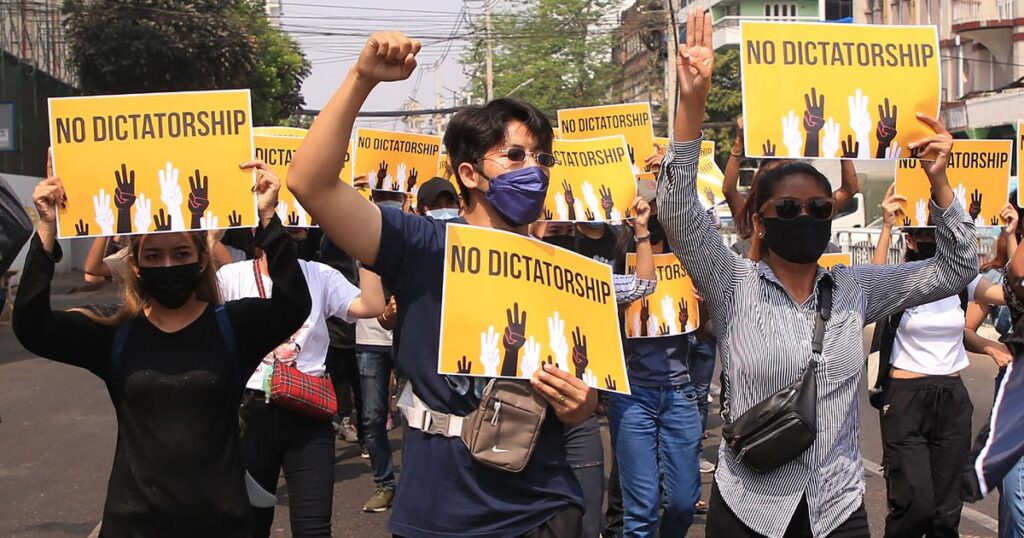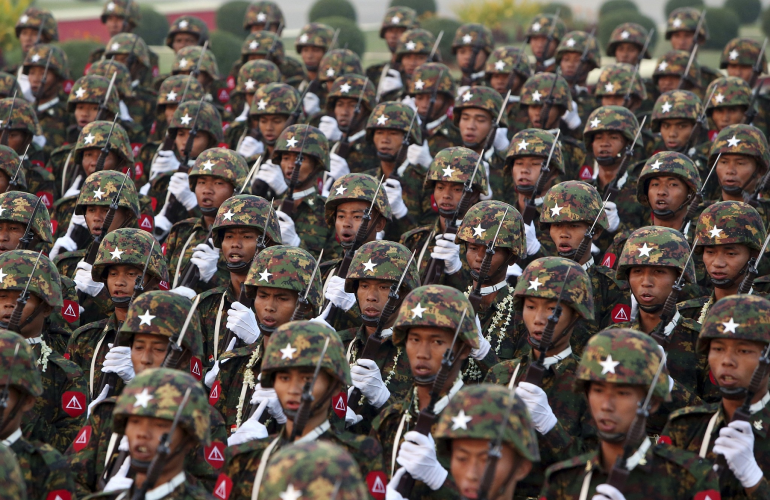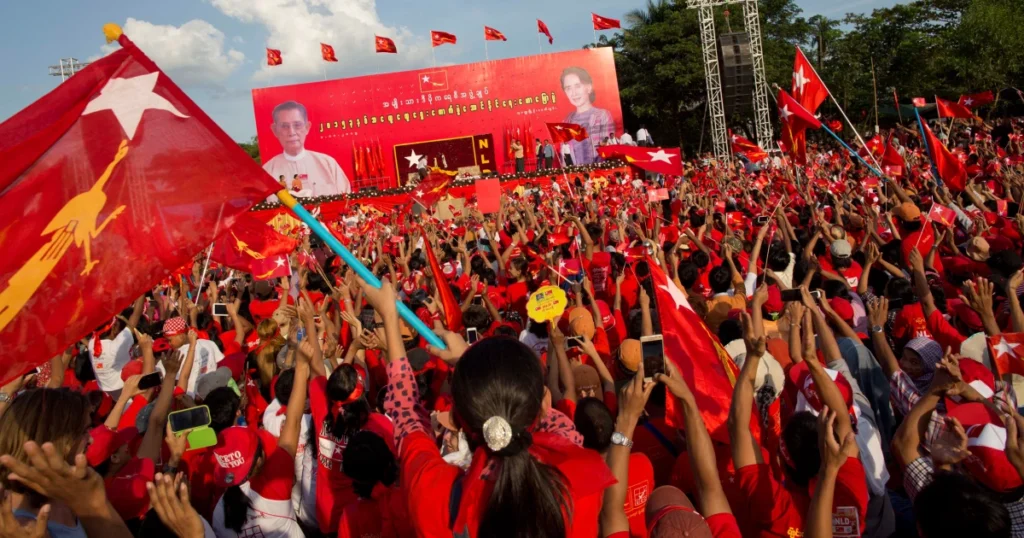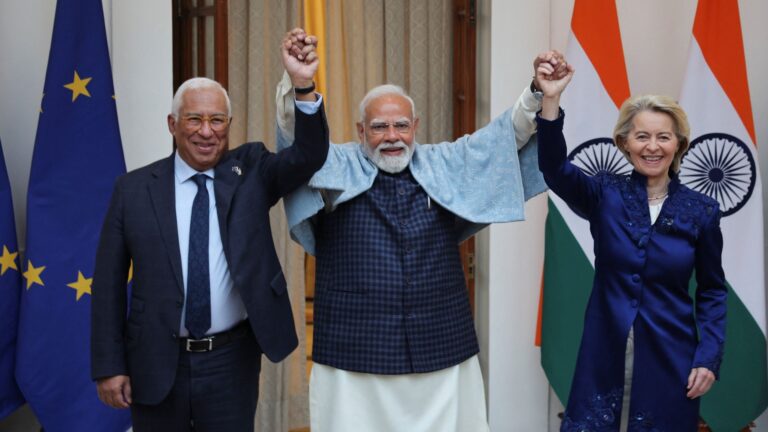
Myanmar’s military junta has officially ended the state of emergency it imposed after its 2021 coup. It now plans to hold national elections, a move that, on the surface, signals a return to democracy.
But don’t be misled by appearances. Many opposition parties, including the National Unity Government (NUG) formed by ousted leaders, have already dismissed the upcoming elections as a “fraudulent attempt to legitimize military rule.”
Myanmar’s Broken Democratic Path
In February 2021, Myanmar’s military, known as the Tatmadaw, overthrew the democratically elected government led by Aung San Suu Kyi, citing alleged election fraud. This triggered mass protests, a violent crackdown, and the start of an internal civil conflict that continues to this day.
Since then, thousands have been arrested or killed, internet shutdowns have become common, and basic freedoms have been choked.

Myanmar’s Controversial Elections
The military has been redrawing electoral rules, banning opposition parties, and arresting critics. Key democratic voices are either in exile, in prison, or underground. Many fear that the elections will be held under martial law conditions, without transparency, fairness, or international monitoring.
It’s like holding a football match where one team has no players, no ball, and no whistle, just an armed referee.
A closer look at the announcements reveals a consolidation of power rather than a transition toward genuine democracy. Junta leader Min Aung Hlaing, who led the 2021 coup, has appointed himself acting president, and will lead an 11-member commission to supervise the new elections. This effectively places him at the helm of the entire electoral process, a move that critics say ensures the military’s continued dominance.

Why Should the World Care?
Myanmar is not just an internal issue, it’s a regional concern. It shares borders with India, China, and Thailand. Instability in Myanmar can cause refugee flows, border violence, and humanitarian crises, affecting its neighbors, and global powers alike. Moreover, if the junta pulls off this election, and gains legitimacy, it could set a dangerous precedent for other fragile democracies.
Myanmar’s instability is a direct threat to the security of its neighbors. The civil war has led to a significant influx of refugees, and displaced persons into countries like Thailand, India, and Bangladesh, straining their resources, and creating new humanitarian challenges. The porous borders have also become a hotbed for illegal activities.
What Lies Ahead?
The political landscape in Myanmar is incredibly complex, and fluid, and forecasting what lies ahead is challenging. Myanmar’s future hangs in the balance. While elections might seem like a step forward, without inclusion, transparency, and freedom, they could further entrench authoritarianism.
For now, the people of Myanmar continue to live in fear, and uncertainty, fighting, in the streets, online, and underground, for a democracy that once seemed within reach.
For more such informative articles stay tuned at The World Times



